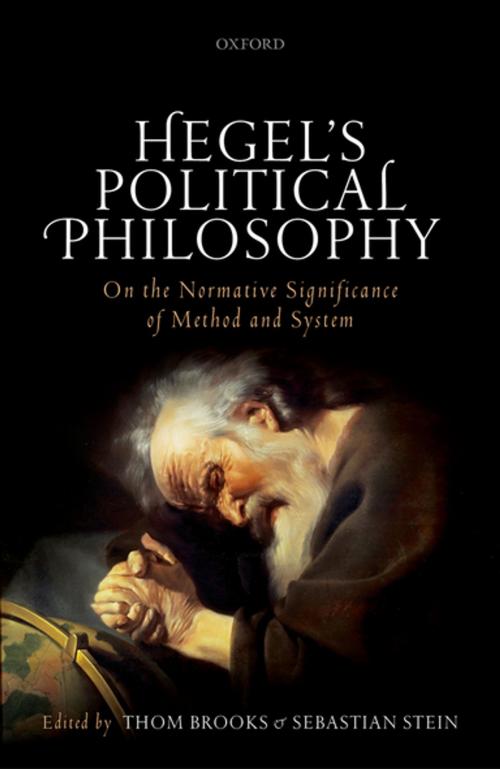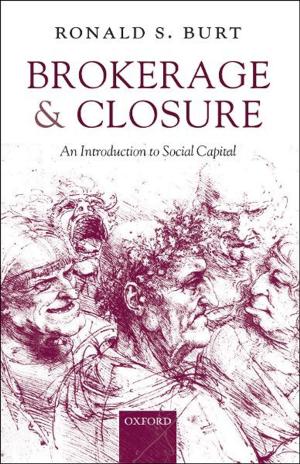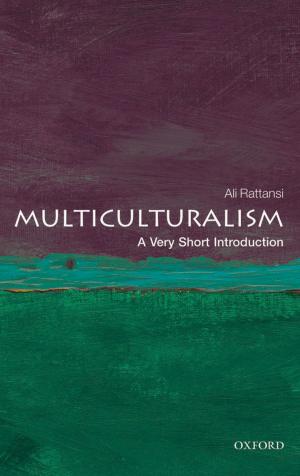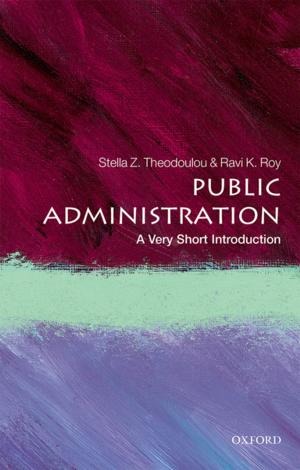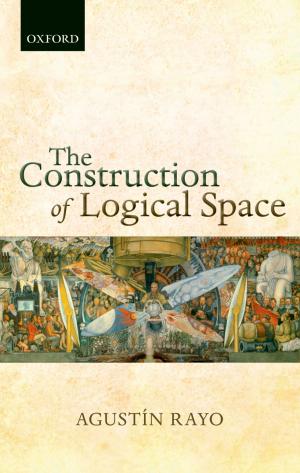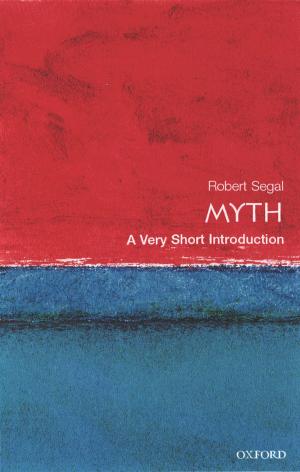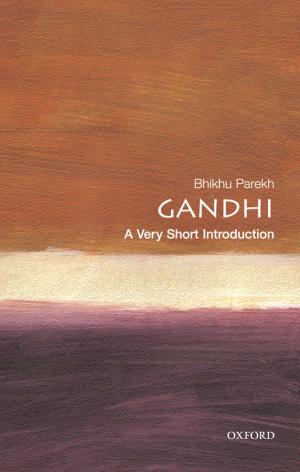Hegel's Political Philosophy
On the Normative Significance of Method and System
Nonfiction, Religion & Spirituality, Philosophy, History, Criticism, & Surveys, Political| Author: | ISBN: | 9780192519047 | |
| Publisher: | OUP Oxford | Publication: | May 5, 2017 |
| Imprint: | OUP Oxford | Language: | English |
| Author: | |
| ISBN: | 9780192519047 |
| Publisher: | OUP Oxford |
| Publication: | May 5, 2017 |
| Imprint: | OUP Oxford |
| Language: | English |
Hegel famously argues that his speculative method is a foundation for claims about socio-political reality within a wider philosophical system. This systematic approach is thought a superior alternative to all other ways of philosophical thinking. Hegel's method and system have normative significance for understanding everything from ethics to the state. Hegel's approach has attracted much debate among scholars about key philosophical questions - and controversy about his proposed answers to them. Is his method and system open to the charge of dogmatism? Are his claims about the rationality of monarchy, unequal gender relations, an unelected second parliamentary chamber and a corporation-based economy beyond revision? This ground-breaking collection of new essays by leading interpreters of Hegel's philosophy is dedicated to the questions that surround Hegel's philosophical method and its relationship to the conclusions of his political philosophy. It contributes to the on-going debate about the importance of a systematic context for political philosophy, the relationship between theoretical and practical philosophy, and engages with contemporary discussions about the shape of a rational social order.
Hegel famously argues that his speculative method is a foundation for claims about socio-political reality within a wider philosophical system. This systematic approach is thought a superior alternative to all other ways of philosophical thinking. Hegel's method and system have normative significance for understanding everything from ethics to the state. Hegel's approach has attracted much debate among scholars about key philosophical questions - and controversy about his proposed answers to them. Is his method and system open to the charge of dogmatism? Are his claims about the rationality of monarchy, unequal gender relations, an unelected second parliamentary chamber and a corporation-based economy beyond revision? This ground-breaking collection of new essays by leading interpreters of Hegel's philosophy is dedicated to the questions that surround Hegel's philosophical method and its relationship to the conclusions of his political philosophy. It contributes to the on-going debate about the importance of a systematic context for political philosophy, the relationship between theoretical and practical philosophy, and engages with contemporary discussions about the shape of a rational social order.
